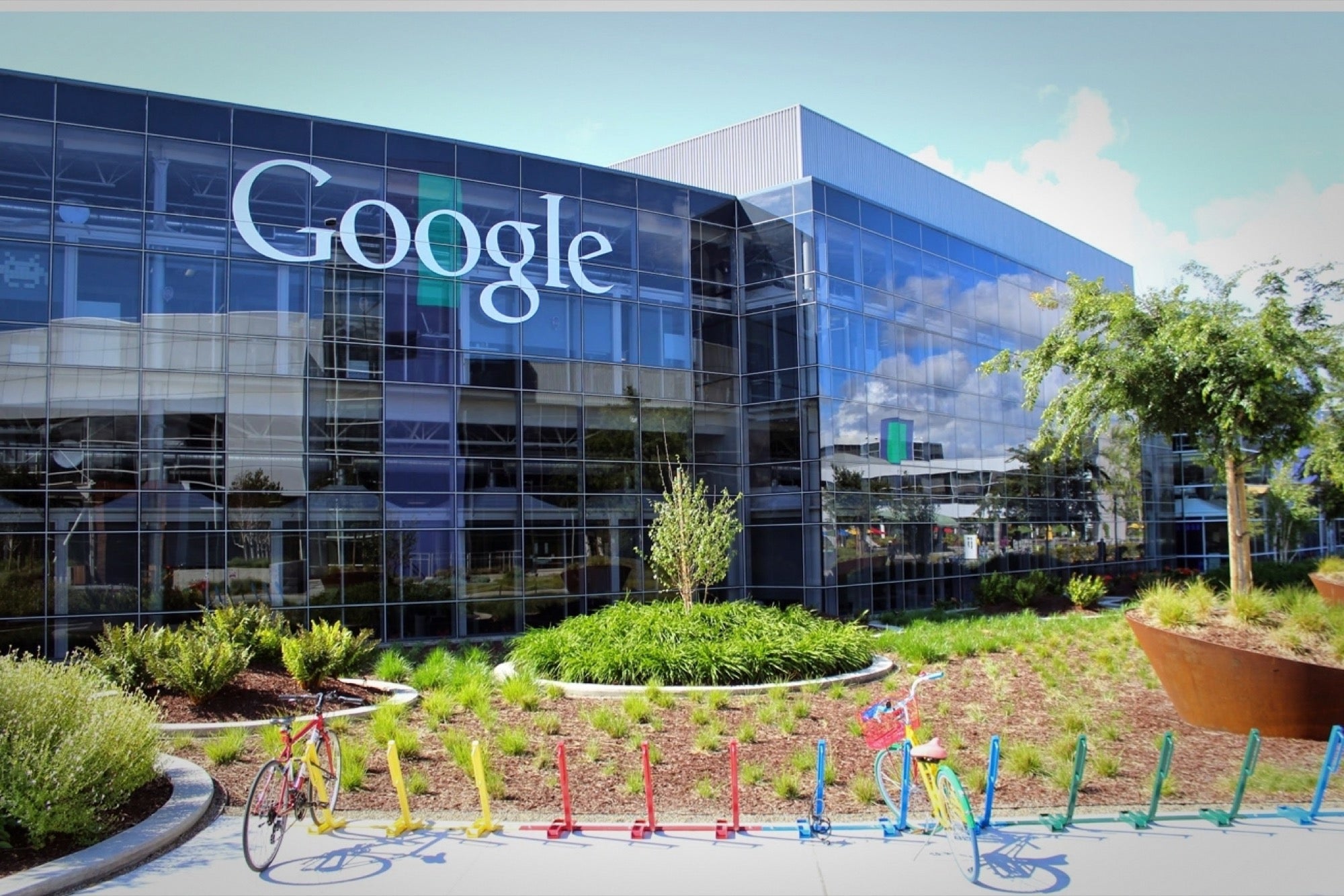The Google Tool That Helps You Make Better HR Decisions The search giant's re:Work resources provides articles, case studies and tips from experts in various industries on using analytics to improve hiring and promotion.
By John Boitnott Edited by Dan Bova
Opinions expressed by BIZ Experiences contributors are their own.

Data has the power to strengthen everything businesses do, from the new products they launch to the marketing campaigns they use to promote those products. Gathering information and putting that information to use has become big business, creating jobs and cloud solutions. When a business is more informed before making decisions, that business can get more return from every dollar it spends.
In recent years, businesses have realized the value of people analytics in making human resources decisions. Learning as much as possible about current staff performance improves the choices made about hiring, training and promotion. With technology powering much of what businesses do, gaining access to this data is easier than ever. However, small businesses can save money and time by learning from the lessons large businesses are sharing.
People analytics in big business.
Google is one of the highest-profile users of people analytics for human resources. The company bases many of its decisions on data analytics, believing that the choices it makes about employees are more important than any other decisions, impacting the organization at all levels. By labeling its human resources department "people operations," the company is saying that HR is as integral as any other area of operations. With the right people in place, businesses can provide better customer service and increase productivity while also minimizing cost.
Engineering firm Stantec uses people analytics to predict outcomes, including employee turnover trends. By looking at areas of the company that seem to have an increased rate of employee resignations and terminations, Stantec can determine where changes might need to be made. Predictive analytics help the company to maintain adequate staffing across the entire organizations. This sort of analytics has been used in retail for years, as companies look at last year's numbers to determine how many employees are needed on the floor this year.
Related: 10 Hilarious Signs You Should Not Take That Job (Infographic)
Small business applications.
Although small businesses can get the same benefits as larger businesses from people analytics, they often lack the resources necessary to gather information on employee actions. While cloud-based solutions provide an answer to that, often businesses simply need access to general information about hiring the right employees and getting the most out of them.
Google's re:Work is likely to become a go-to resource for businesses in this situation. With re:Work, Google provides the results of the research it has done in the form of articles, case studies and tips from experts in various industries. Businesses can search re:Work for keywords or browse topics like hiring, managing or training. The platform is designed to demonstrate how organizations can help each other better cultivate and nurture top talent.
Related: Why You Need to Embrace the Big Data Trend in HR
Analytics makes HR more effective
As businesses launch their own people analytics programs, Google is offering support in that area. The company offers guides specific to topics like running employee surveys and identifying and defining metrics. Following the guide step by step, businesses can learn how to set up their own people analytics and make the most out of them. The company also has a book on its insights, as well as a people analytics-based hashtag called #makeworkbetter.
By observing the way Google has changed its HR activities as a result of its analytics efforts, businesses can determine which behaviors work and which might be less effective. One major change Google made was in its interview process. After discovering that more than four interviewers didn't increase the quality of hires, the company decreased the number of interviews required. The company also implemented an on-boarding process that it found increased productivity by 15 percent.
Businesses are using analytics to power every important decision they make. A business's employees are its most important assets, so why not use analytics to make decisions about hiring and employee retention? By following the example of large companies like Google, businesses of all sizes can gather the information they need to improve their hiring, training and employee promotion efforts.











